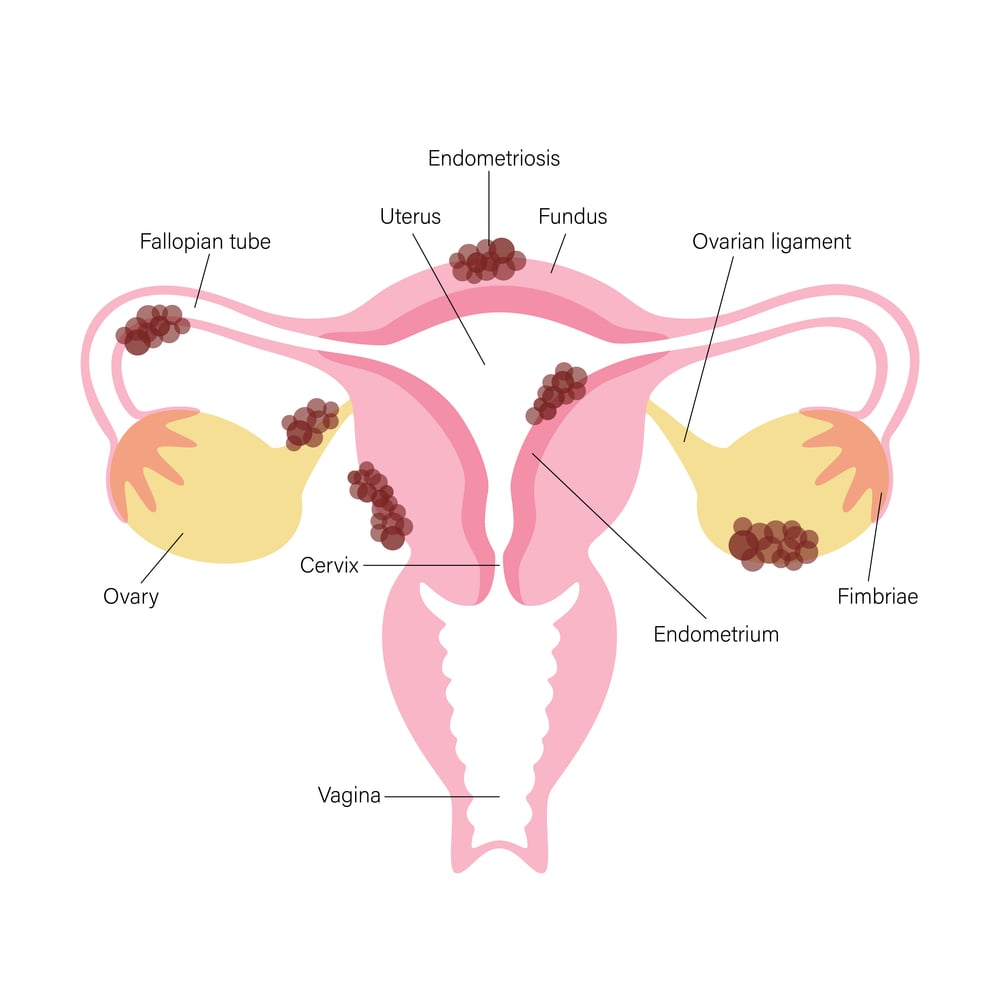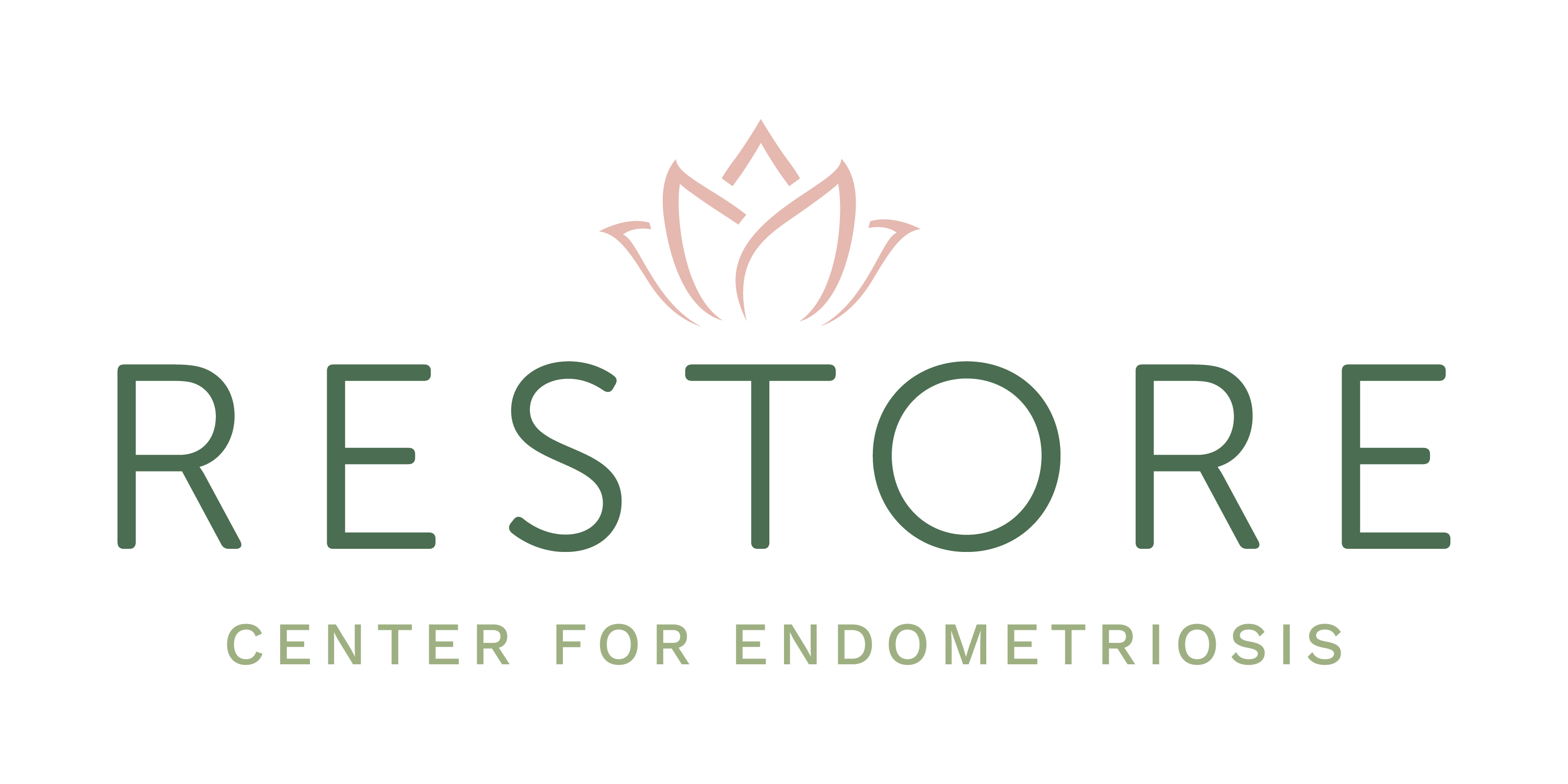2 min read
Understanding the Reality of Living with Endometriosis
Restore Center For Endometriosis April 23, 2024

Endometriosis isn't just a medical term—it's a relentless reality for many women. Picture it as having numerous excruciating blisters spread throughout the pelvis, causing agony beyond words.
This condition involves tissue resembling the uterine lining growing outside the uterus, often infiltrating vital pelvic structures like the peritoneum, bowel, bladder, and ovaries. Yet, the clinical description fails to capture the true impact on a woman's life, from her relationships to her ability to function on a daily basis.
The Experience of Pain
Patients with endometriosis endure unimaginable pain—some endure it only during their menstrual cycle, while others face relentless suffering, 24/7. This stark contrast between outward appearance and internal agony often leads even well-meaning individuals to question the severity of their pain.
For many women, the journey with endometriosis begins in their teenage years, perhaps even during junior high school. However, this pain is distinct from typical menstrual cramps. It's common for these young girls to miss several days of school each month due to cyclic pain that surpasses the intensity of post-surgery discomfort.
Unfortunately, a lack of awareness about this condition can result in delayed diagnosis and inadequate support from healthcare providers. This leaves young sufferers without the proper treatment for their pain, further exacerbating their distress. Moreover, their families may mistakenly attribute the severity of their pain to psychological factors, compounding their sense of isolation and invalidation.
In this heartbreaking scenario, she feels trapped and tormented by her own body, struggling in plain sight without anyone fully comprehending her plight or offering effective assistance.
Progression of Symptoms
As she progresses into adulthood, the symptoms of endometriosis tend to worsen. Both the intensity and duration of the pain typically increase over time. Initially, she may have some pain-free days each month, but as the condition advances, these days become fewer and far between. The unpredictability of the escalating pain makes it challenging to maintain a normal, functional life. Planning for the future becomes increasingly difficult, as there's a growing likelihood that planned activities will coincide with days of debilitating pain, making it impossible to fulfill commitments.
Additional Struggles
Endometriosis doesn't just affect physical health—it impacts various aspects of a woman's life. Mothers may struggle to meet their children's needs during episodes of severe pain. Wives may try to persevere through pain to maintain intimacy with their partners, but eventually, the pain becomes too overwhelming to continue. Many sufferers also experience profound fatigue, comparable to that of advanced cancer. Additionally, symptoms like bloating, mood swings, and bladder and bowel issues are common.
The toll on mental and emotional well-being is significant. The vibrant, desirable woman she once felt has faded away, replaced by the burden of constant pain and discomfort. It becomes increasingly challenging to fulfill roles as a loving and compassionate mother, partner, and member of the family. The stress on relationships within the family unit is tangible and profound.
Resilience and Coping
Even as the disease advances, many women courageously confront endometriosis, determined not to surrender their lives to its impact. In public settings, they often blend seamlessly, concealing the profound struggles they endure. Despite the adversity, they consistently summon the strength to navigate each day, presenting a brave demeanor as they strive to maintain a sense of normalcy in their lives.
The clinical definition of endometriosis only scratches the surface of its profound impact on individuals. When encountering discussions about endometriosis, it's important to acknowledge the immense devastation it can cause. While managing this condition can indeed be frustrating, it's crucial to approach those affected with empathy and understanding. Whether it's a loved one, friend, or colleague grappling with endometriosis, treating them with respect and compassion can make a significant difference in their journey towards healing and well-being.
If you or someone you care about is experiencing these symptoms, it's crucial to seek support and guidance from a healthcare professional like Dr. Yeung, who specializes in treating endometriosis and can provide compassionate care and effective treatment options. Don't suffer in silence – reach out for help and begin the journey towards relief and healing.
Related Posts

What Are Adhesions and How Are They Treated?



